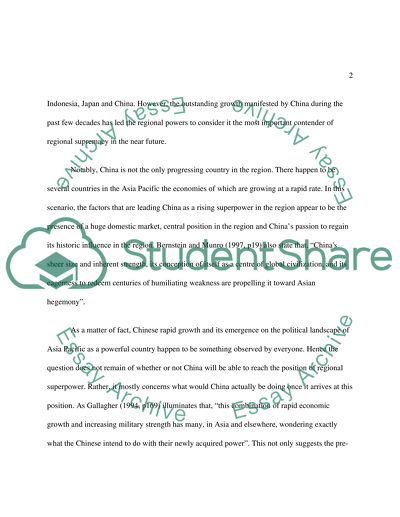Cite this document
(“International Relations: China, ASEAN countries Essay”, n.d.)
International Relations: China, ASEAN countries Essay. Retrieved from https://studentshare.org/miscellaneous/1504458-international-relations-china-asean-countries
International Relations: China, ASEAN countries Essay. Retrieved from https://studentshare.org/miscellaneous/1504458-international-relations-china-asean-countries
(International Relations: China, ASEAN Countries Essay)
International Relations: China, ASEAN Countries Essay. https://studentshare.org/miscellaneous/1504458-international-relations-china-asean-countries.
International Relations: China, ASEAN Countries Essay. https://studentshare.org/miscellaneous/1504458-international-relations-china-asean-countries.
“International Relations: China, ASEAN Countries Essay”, n.d. https://studentshare.org/miscellaneous/1504458-international-relations-china-asean-countries.


